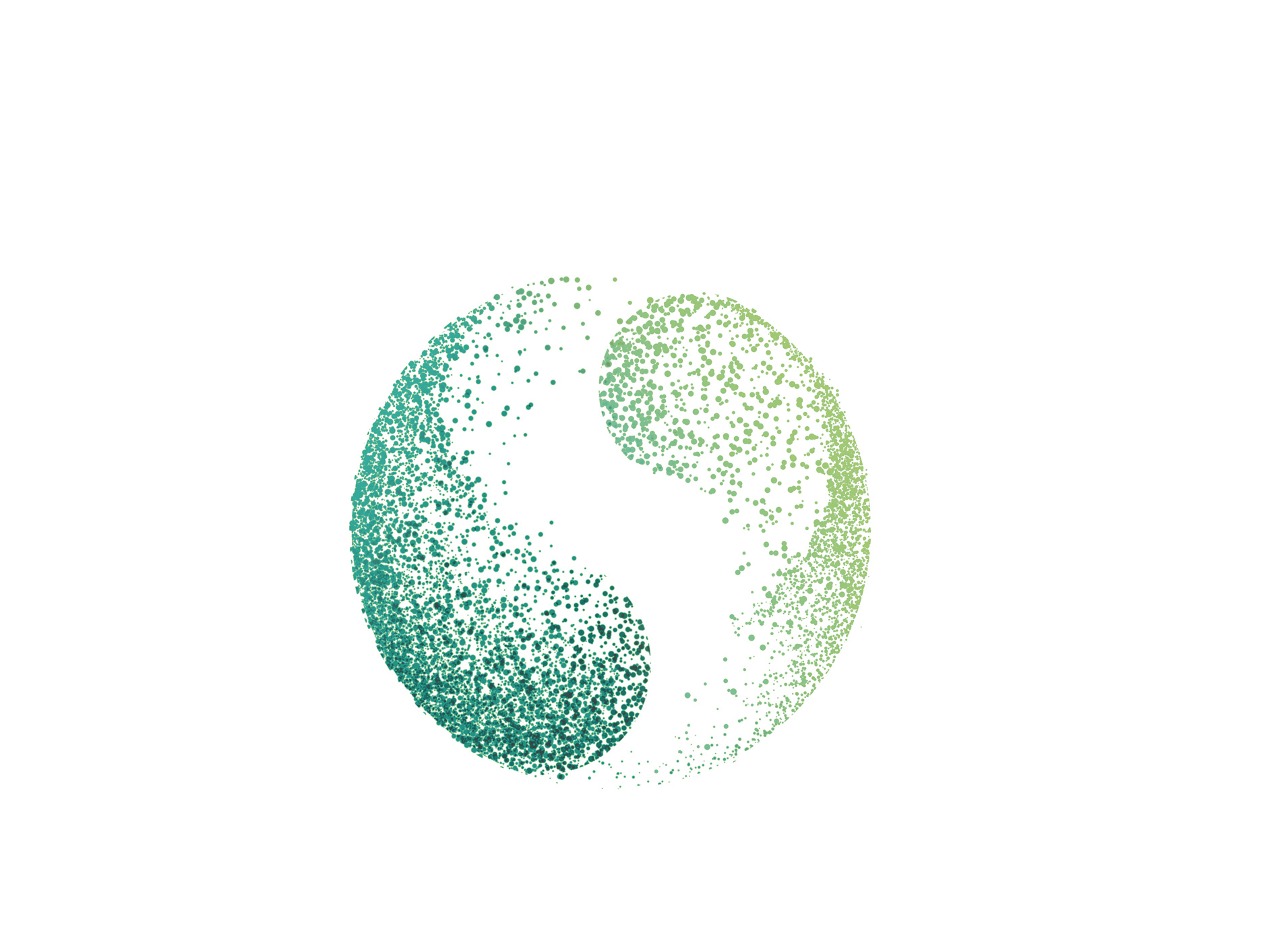What is the relationship between giving and taking? How can people overcome their fear of not getting a fair share for themselves or not pulling their weight by contributing enough?

Practice Gentle Reciprocity
source ![]()
It’s important to recognize that different contributions and skills are equally important. Everyone has a role to play. Everyone is bringing their skills to the table. So it is not necessary to make an exact accounting of who owes what to whom. The experience of being supported by others makes it easier to practice gentle reciprocity, which means that everyone can participate without worrying that one will not get a fair share or not contribute enough.
# Examples
- In many German SoLawis ![]() , the equivalent of Community Supported Agricultures, so called contribution rounds are held once a year. After presenting the annual production costs and the average monthly contribution needed, people are asked to anonymously promise a monthly sum they are willing to contribute during the next twelve months. This allows for sufficient overall financial contributions to be gathered by pooling funds according to people’s individual capabilities.
- At the Park Slope Food Coop
, the equivalent of Community Supported Agricultures, so called contribution rounds are held once a year. After presenting the annual production costs and the average monthly contribution needed, people are asked to anonymously promise a monthly sum they are willing to contribute during the next twelve months. This allows for sufficient overall financial contributions to be gathered by pooling funds according to people’s individual capabilities.
- At the Park Slope Food Coop ![]() in Brooklyn, everyone must personally contribute 2-3/4 hours of work each month. But everyone decides what kind of work they will contribute according to their individual needs, skills and preferences. This work requirement prevents the “altruistic burnout” that can destroy wholly voluntary projects.
in Brooklyn, everyone must personally contribute 2-3/4 hours of work each month. But everyone decides what kind of work they will contribute according to their individual needs, skills and preferences. This work requirement prevents the “altruistic burnout” that can destroy wholly voluntary projects.